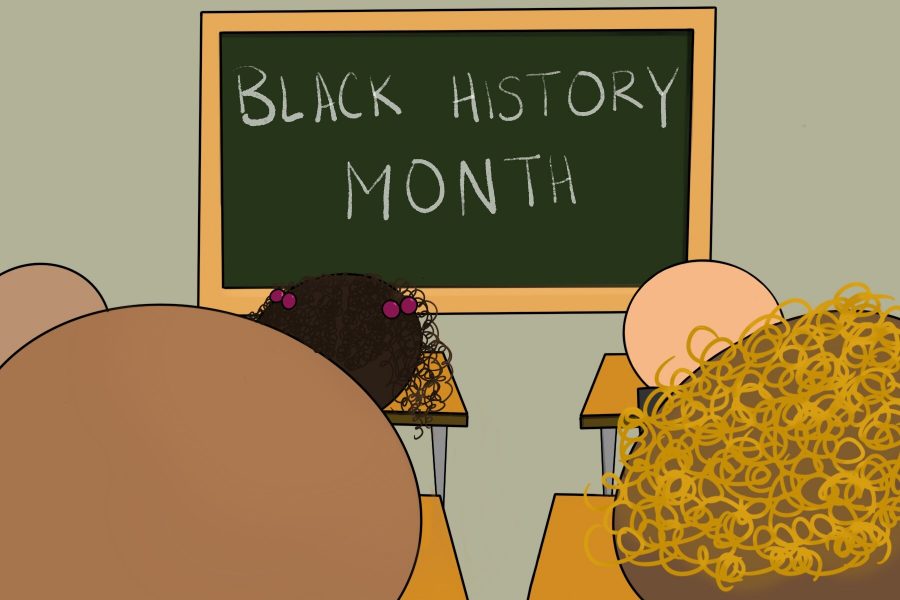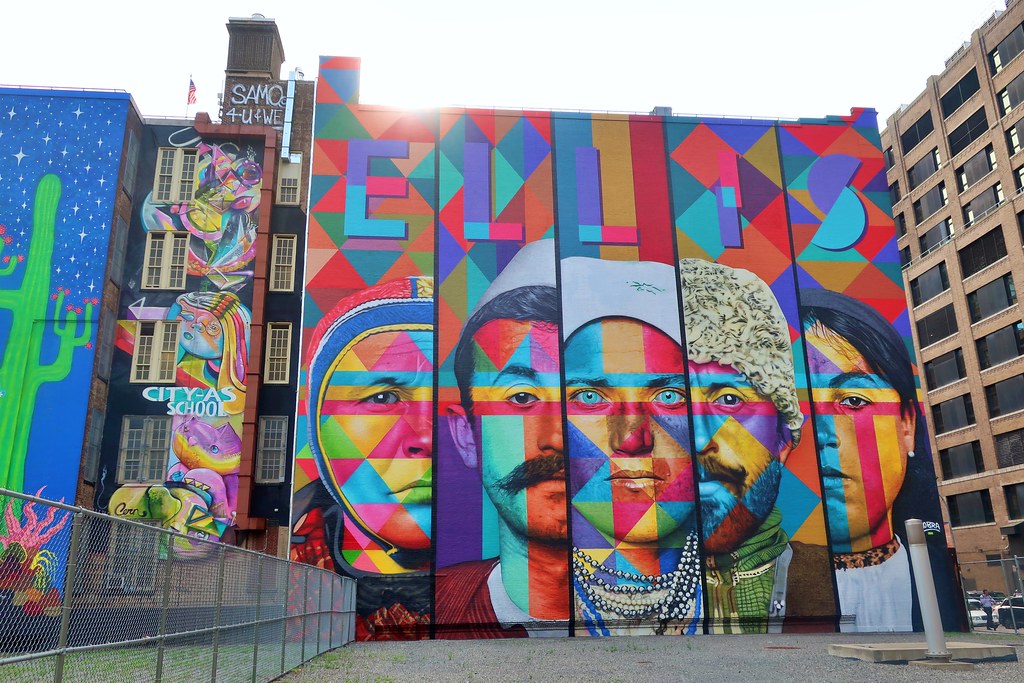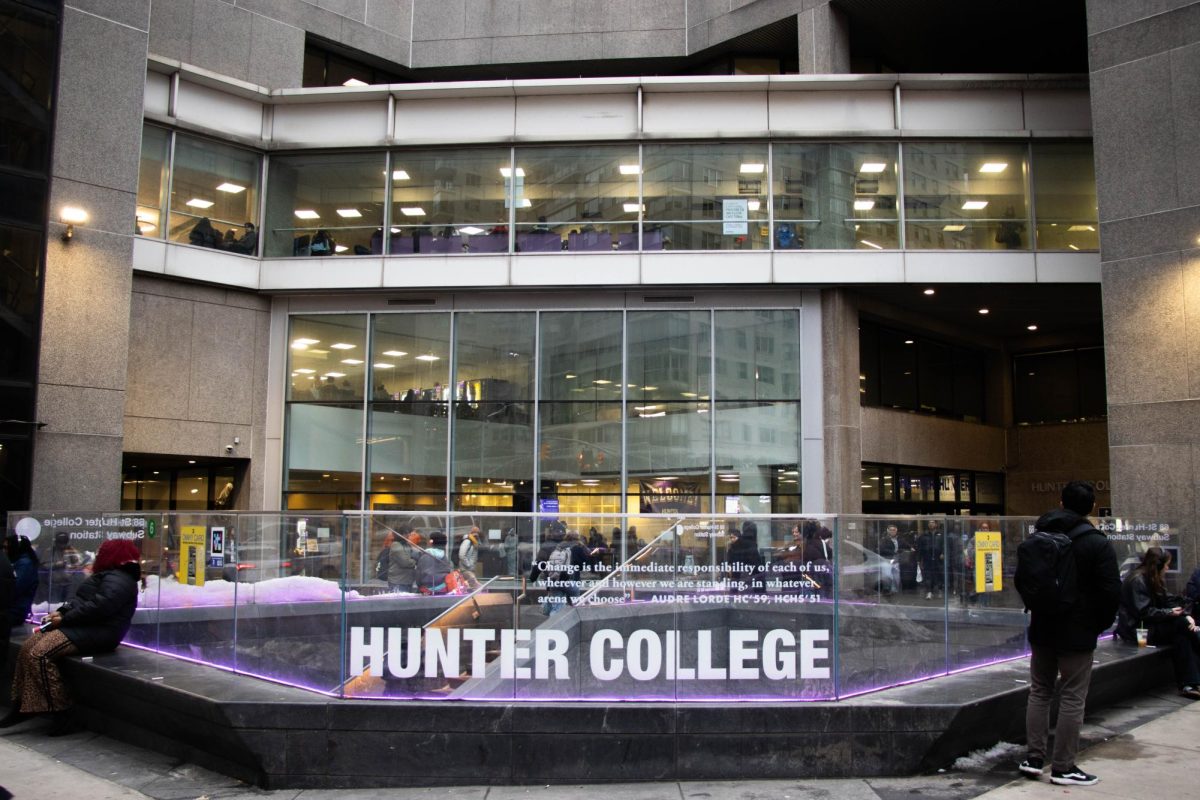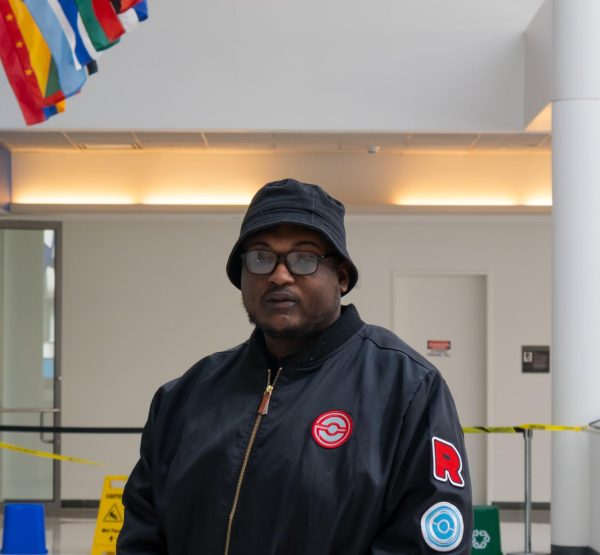Black Americans are the largest contributors to the American economy in terms of consumerism, yet schools refuse to acknowledge their existence in textbooks and lesson plans, and it must end.
Teaching Black history in schools may not cure the racial divide but it is essential, as it could help curb the tension.
Schools must adapt to the times and realize that expanding the curriculum for Black history is necessary.
Students like Machayla Randall, a high school senior in New Jersey who is fighting for her majority-white school district to make Black history a mandatory subject, brought up the issue that her school’s teaching of Black history lacks diversity.
“There’s definitely a lack of education of African American history throughout our school system,” she told ABC News. “In our history courses, the most you learn about African American history is during the month of February, which is Black History Month, and it’s limited to the civil rights movement and that’s pretty much it, unfortunately.”
Black history goes far beyond slavery and the civil rights movement, although both topics are crucial and should always be taught in the Black history curriculum.
The Black history curriculum can be expanded into several types of classes. If schools are going to celebrate Black History Month through their curriculums, then they need to put some effort into the celebration.
For example, the lessons on Martin Luther King Jr. and his activism for civil rights taught in American government classes is a good first step into introducing Black struggles.
Teachers can do more by preparing lessons on figures like Katherine Johnson, a NASA mathematician who was a recipient of the Presidential Medal of Freedom under former President Barack Obama and whose story was told in the 2019 movie “Hidden Figures.”
The real change can be made at the federal level in the Department of Education.
By implementing policies that support the ideas of Black history lessons being combined in the common core section, it sends a message that educational institutions, especially those in the largely largely conservative states, are progressing with the times and have come a long way since Brown v. Board of Education.
Once policies defending the need for Black history are in place, the next step can be making sure teachers are equipped with accurate information on African American history.
Teaching Black history can lead to positive results in students’ mindsets, gaining an empathetic understanding of what Black communities go through in the United States in terms of systemic inequality and racism.
The fight for Black history to be a part of the K-12 curriculum can be won if more adult figures in the education system stand by students who advocate for the change.
Randall’s advocacy for Black history to be taught was strengthened by the support of Dr. Joseph Meloche, the Cherry Hill, New Jersey superintendent who expressed pride and support in her efforts.
“It was incredible what they were able to put together,” Meloche told ABC News. “As the adults, we have to make sure that we are physically there for them. And sometimes, even if we are just standing alongside to make sure that they have the opportunity to speak, if I can lend my voice, my figure and my presence to that, then that certainly is my responsibility to do that.”
Debates over Black history being taught in schools have made their way to talk shows.
CBS “The Talk” co-host Elaine Welteroth, during the show on Feb. 9, spoke of a Utah school that was met with backlash for allowing parents to opt-out their children of the Black History Curriculum, and she highlighted a particularly critical issue in the debate over Black history being taught in schools.
“This is hard to even wrap my head around in 2021 why we’re even having to defend why Black History Month should be taught in schools,” Welteroth said. “I mean, the idea that parents are deliberately protesting Black history education in their schools is the definition of willful ignorance.”
Welteroth continued by calling out the policy for teaching what could be interpreted as white supremacy at a systemic level.
“You’re choosing to stay blind at a time when so many people are waking up. And that is absolutely doing a disservice to themselves and their children, our future.” Welteroth said. “I think this notion that like Black history isn’t important, they are thinking that Black history is a deviation from the norm, and that the norm is White, and the standard is White, that is White supremacy…it’s just completely and utterly unacceptable.”
Willful ignorance perfectly describes anyone’s decision to refuse to acknowledge Black history in the nation’s K-12 education system. Refusing to teach Black history is the same as white people choosing to run away from the discussion of race.








